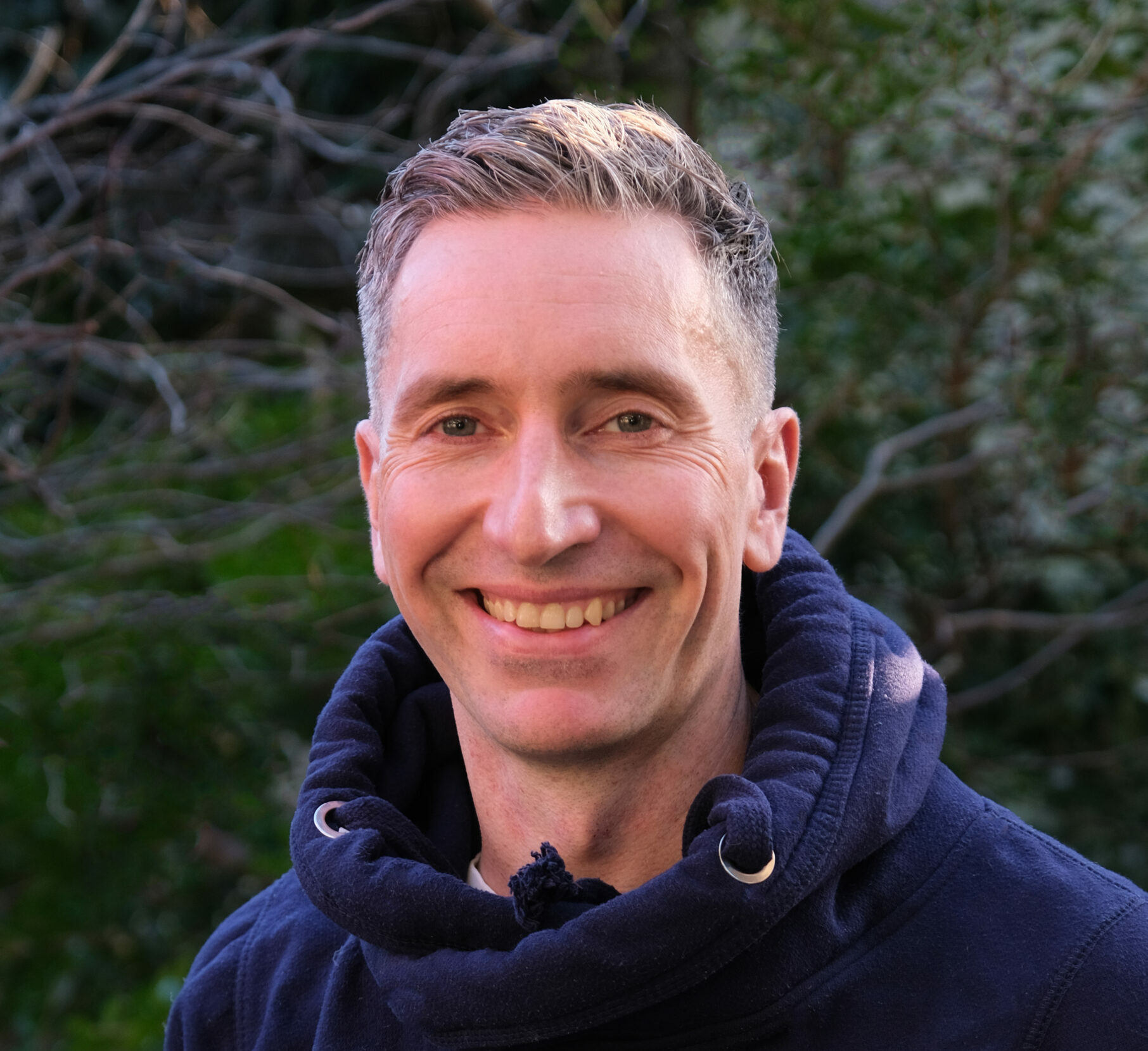
College News
Transformational New Graduate Scholarships at Mansfield College
2025
In September 2023, Paul Lodge (Mansfield College Professorial Fellow in Philosophy) organised a conference with his friend and colleague Sofia Jeppsson from Umeå University in Sweden called ‘Madpeople’s Coping Mechanisms’. It was funded by a grant from the Wellcome Trust as part of the project Renewing Phenomenological Psychopathology, which is based at the University of Birmingham.
The conference followed on from a series of online workshops which Paul has been organising with Sofia and others since 2020 called ‘Philosophy of Psychiatry and Lived Experience’. In both cases the aim was to bring people with lived experience of ‘mental illness’ (Paul included) together to learn from each other. Sofia and Paul are now in discussion with International Mad Studies Journal about turning the presentations from Madpeople’s Coping Mechanisms into an edited volume.
Madpeople’s Coping Mechanisms took as a starting point the fact that mad people/service users/psychiatric patients are a heterogenous group. There is variety on a neurological and behavioural level and quite different phenomenologies even among people with the same diagnosis; and the same treatments have different effects on different people. The aim of the workshop was to move beyond diagnostic categories and statistics. Instead, it focused on the problems of madpeople/service users/psychiatric patients from the perspective of those coping with them, the strategies they have developed to deal with their experiences, and why these strategies were helpful.
The presenters all had lived experience. Most were philosophers, but there was also a psychologist, a mental health worker, activists, and artists. They discussed themes such as: beginning to heal after recognising past trauma as opposed to engaging with mental health clinicians who talk of problems as stemming from inside your brain; relying on collective action and peer support instead of facing mental health problems as a lone patient; seeing the positive in, and identifying with, ‘bad’ psychiatric conditions, like Obsessive Compulsive Disorder (OCD); intellectual humility and embracing the possibility of error and mistakes as a way of dealing with hallucinations.
Photography by Keiko Ikeuchi
Author: Paul Lodge, Professor of Philosophy
"The conference organisers should be congratulated not only for the conference itself, but also for the care they took to include academic, activist, new, and established voices. In decades of attending academic conferences, Madpeople’s Coping Mechanisms had the most impact, both personally and professionally."


"From the very first presentation it was clear that I was in exactly the right place with exactly the right people; a feeling that was reinforced over the duration of the conference. Not only did I leave with the satisfaction that I had connected with valuable allies and potential collaborators, but the very nature of the peer-rooted, psychosocial work that I’ve been doing over the past decade felt validated and nourished in a completely genuine way."


"This conference was the first time that I had an opportunity to share ideas at the intersection of philosophy and coping with challenges posed by mental health in an environment that was clearly non-judgmental. The presence of others in the room who had similar or at least analogous experiences was exhilarating."


"[Madpeople’s Coping Mechanisms] has opened up ideas, projects and potential collaborations that I could not have even thought of how to approach prior to this conference. I hope this conference will become a recurring thing because this has to happen again!"


"It is rare that I get the chance to openly discuss this huge part of my life and healing journey, and to do so in the company of people who understand is indescribably valuable. Creating spaces like this is vital for healing."

